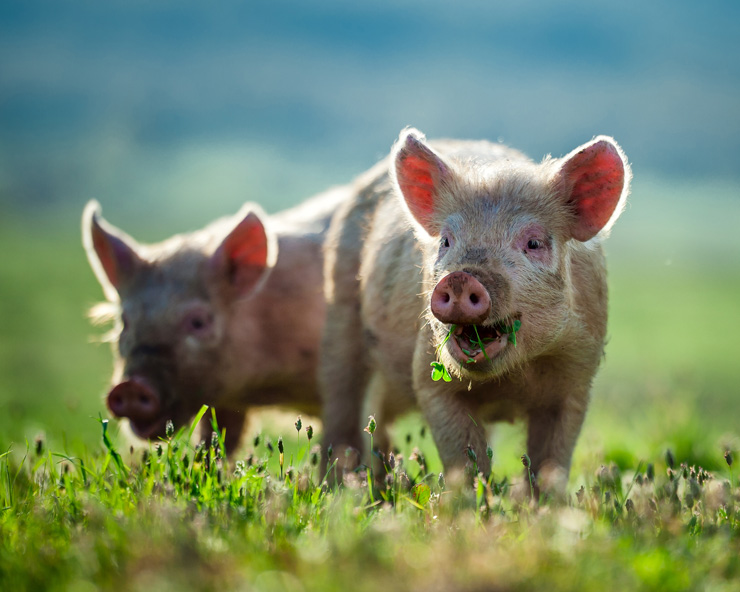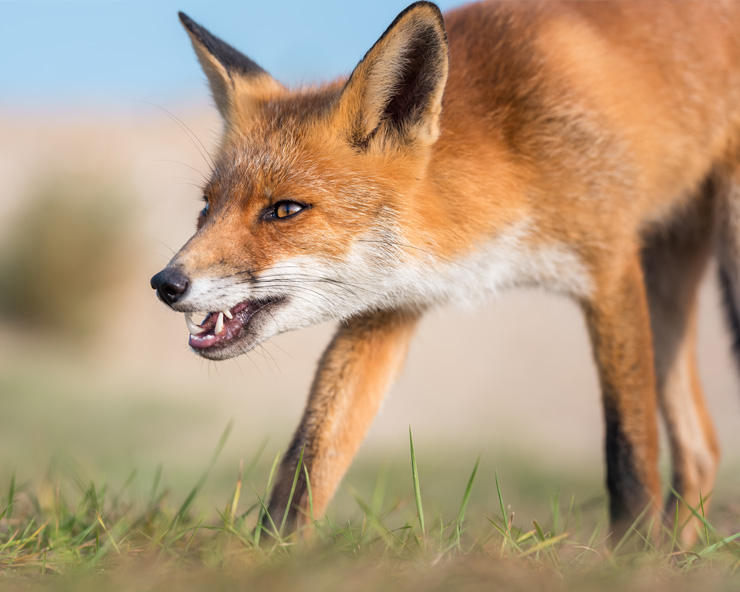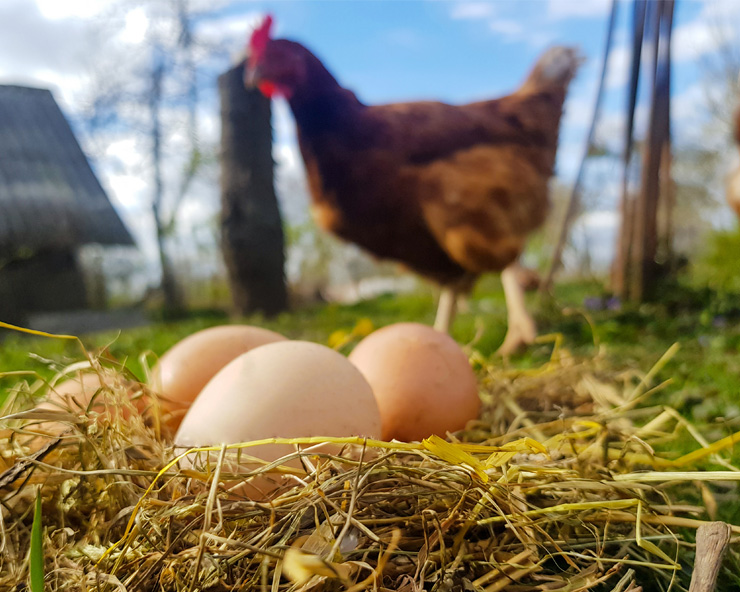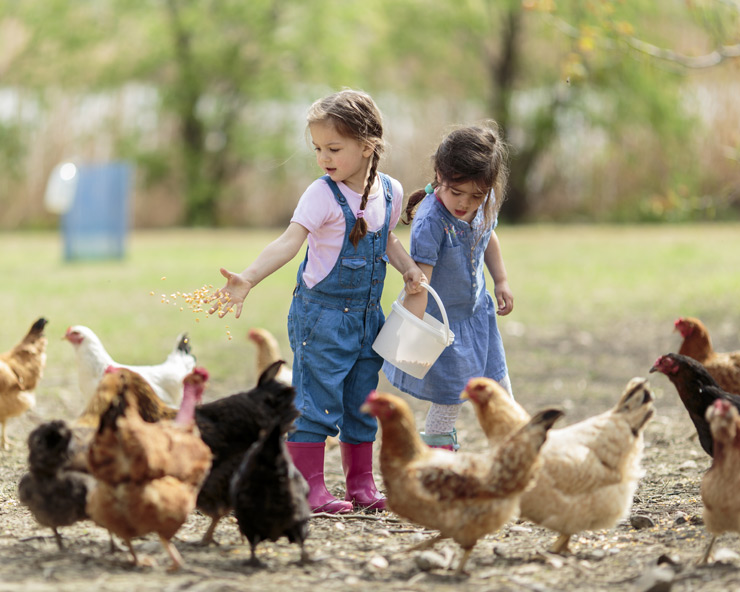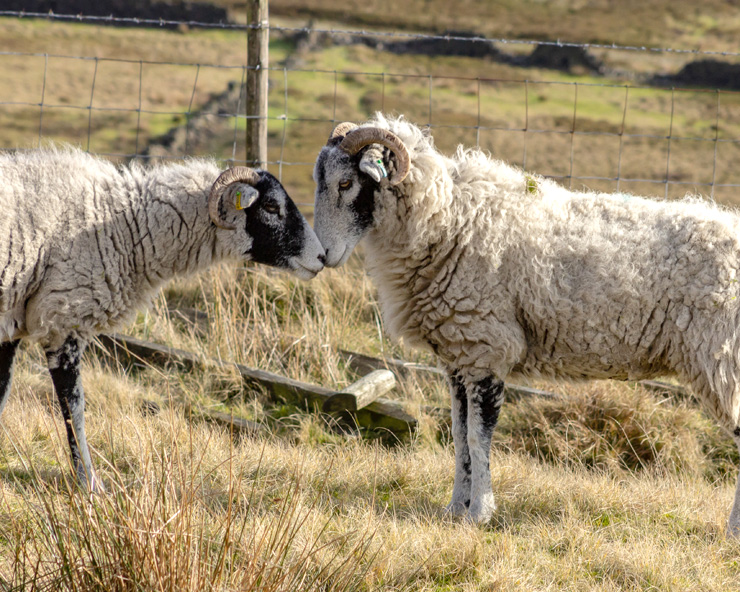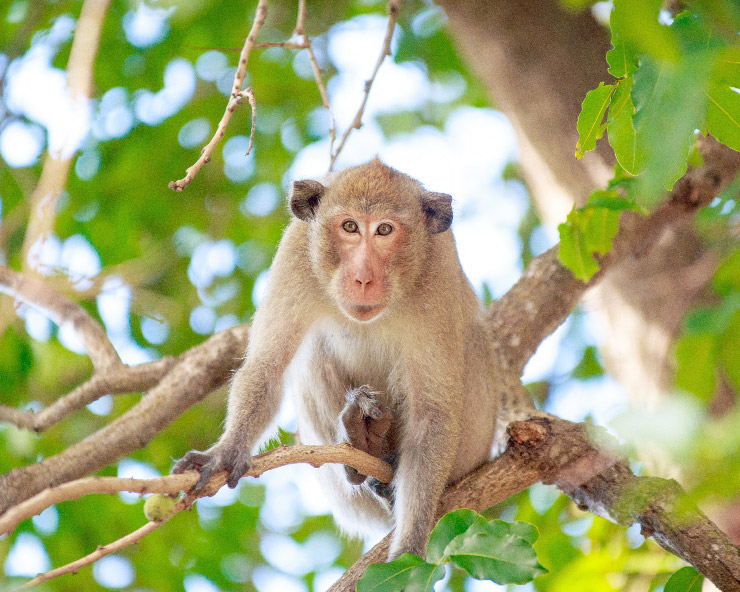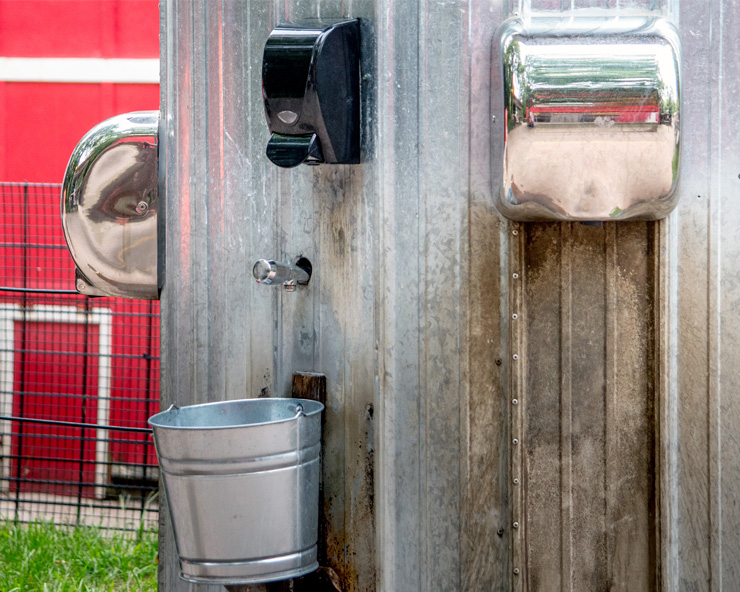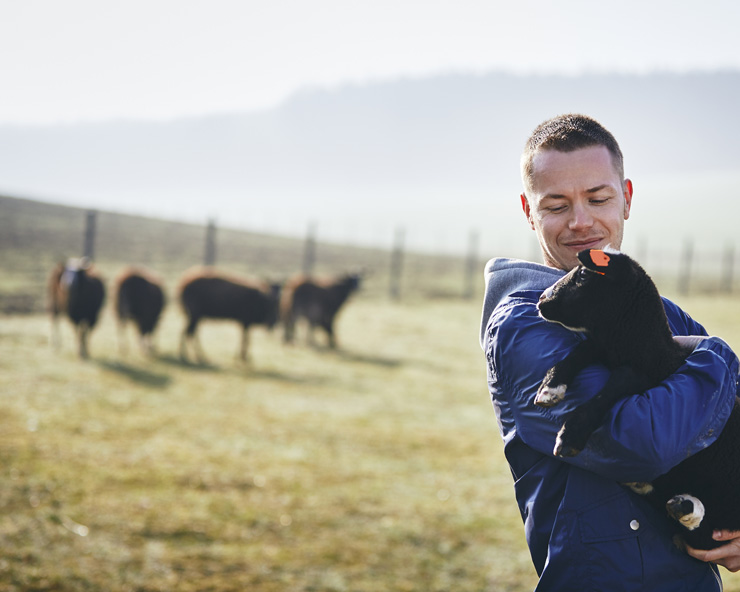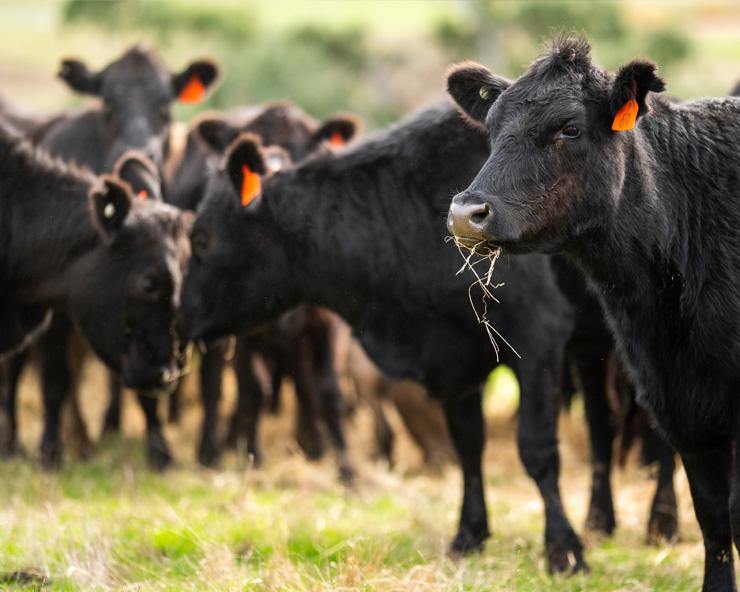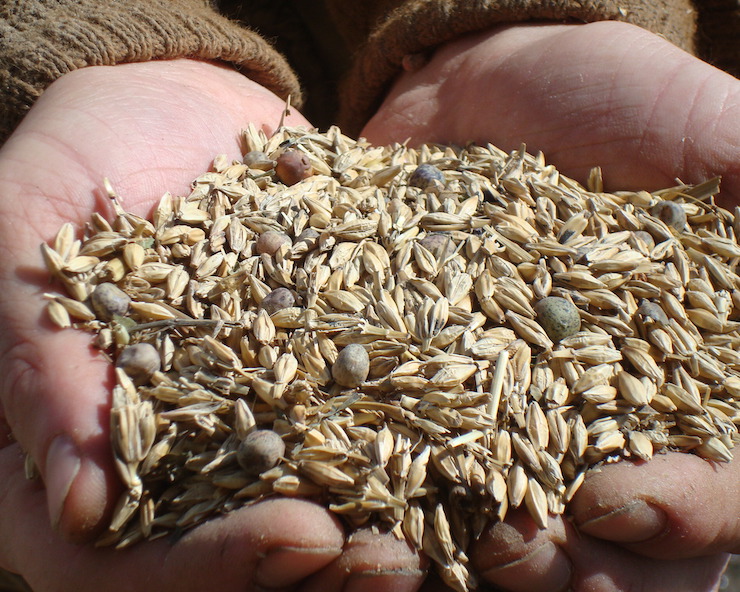Good nutrition helps organic and alternatively raised livestock thrive
Good nutrition is vital to keeping your livestock healthy and happy. Good nutrition directly impacts body condition score, fertility, and milk or egg productivity. A healthy diet also contributes to the ability of your livestock’s immune system to fight disease. Keep in mind your species, age, and health needs. Your climate is a factor too. … Read more

